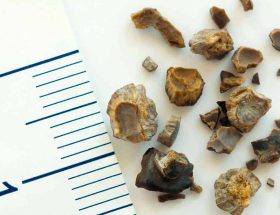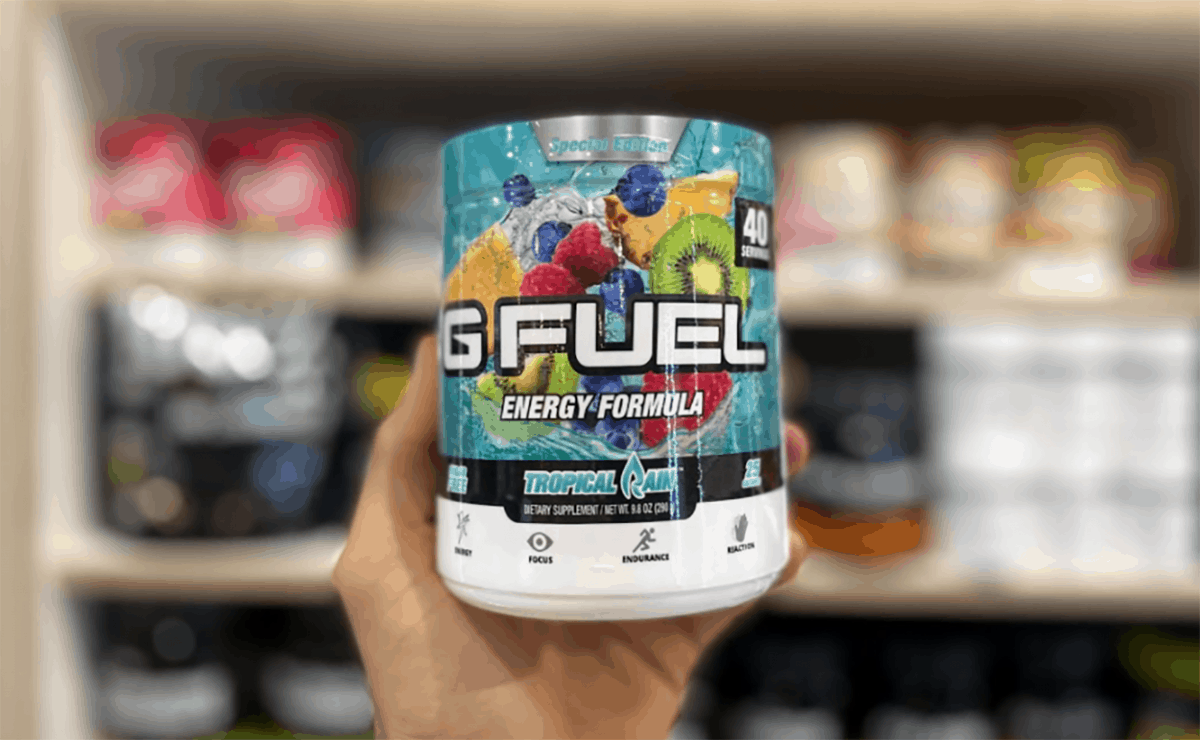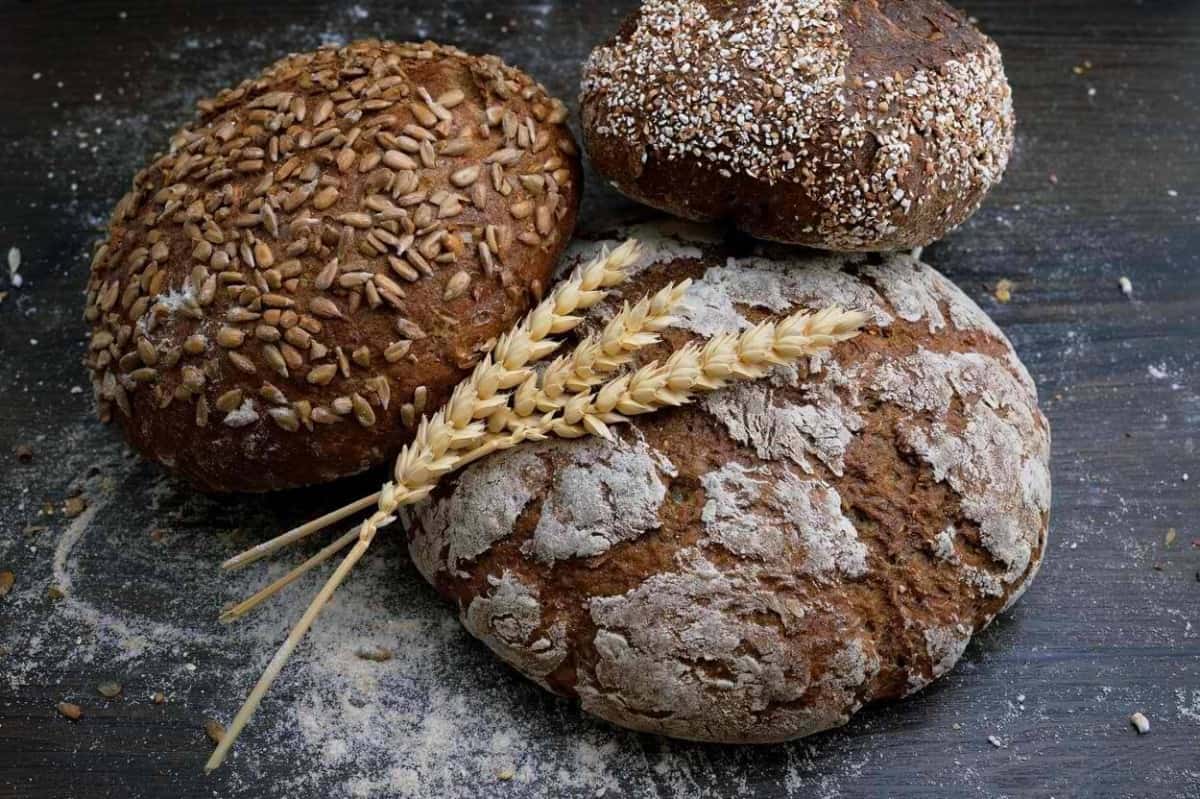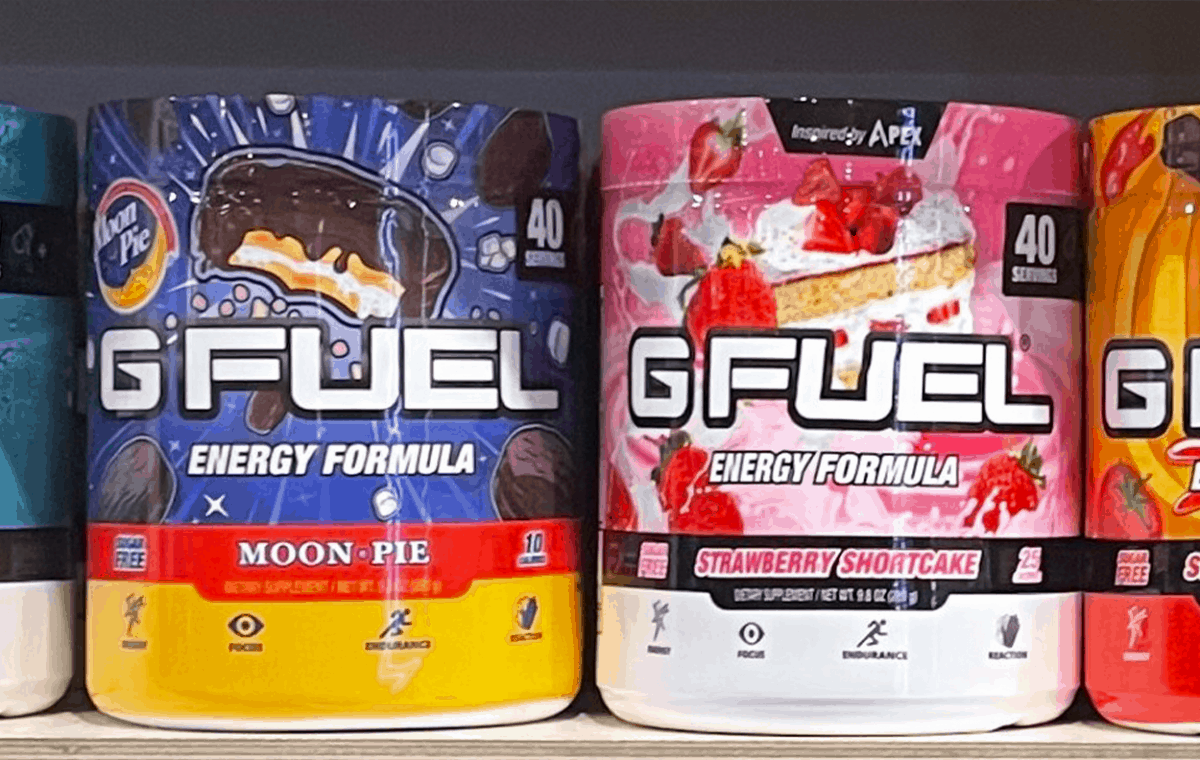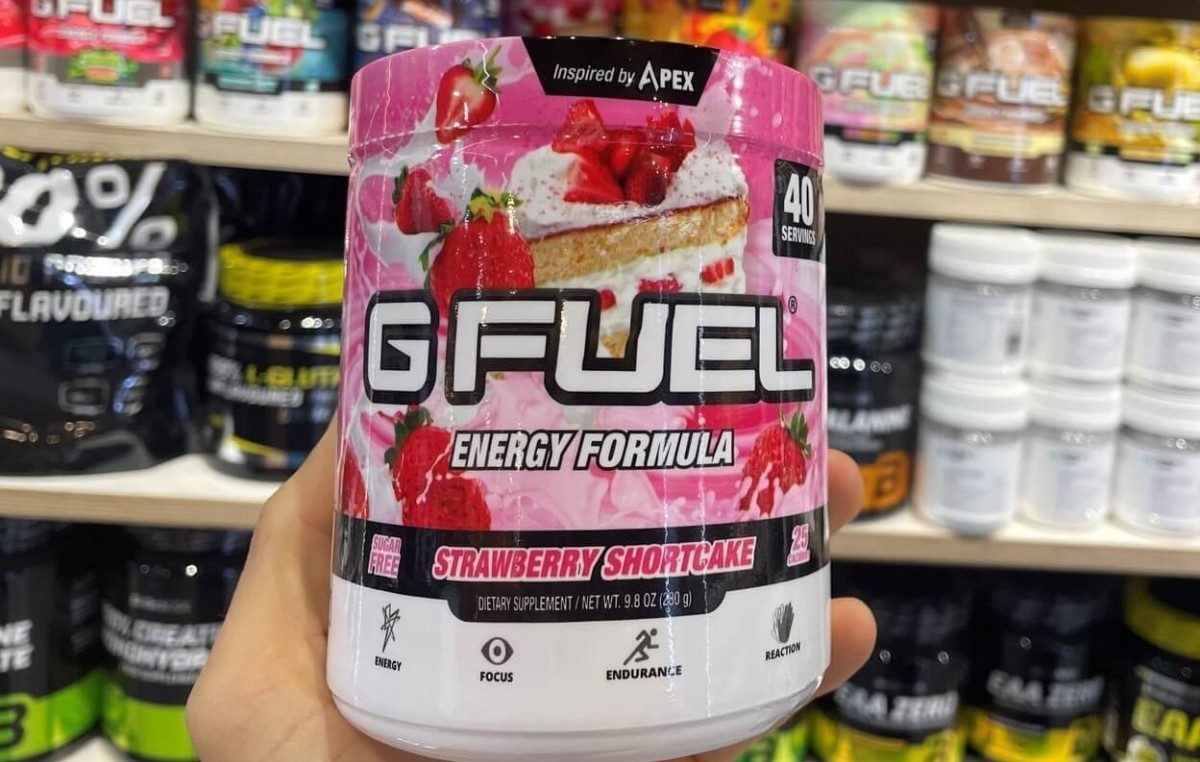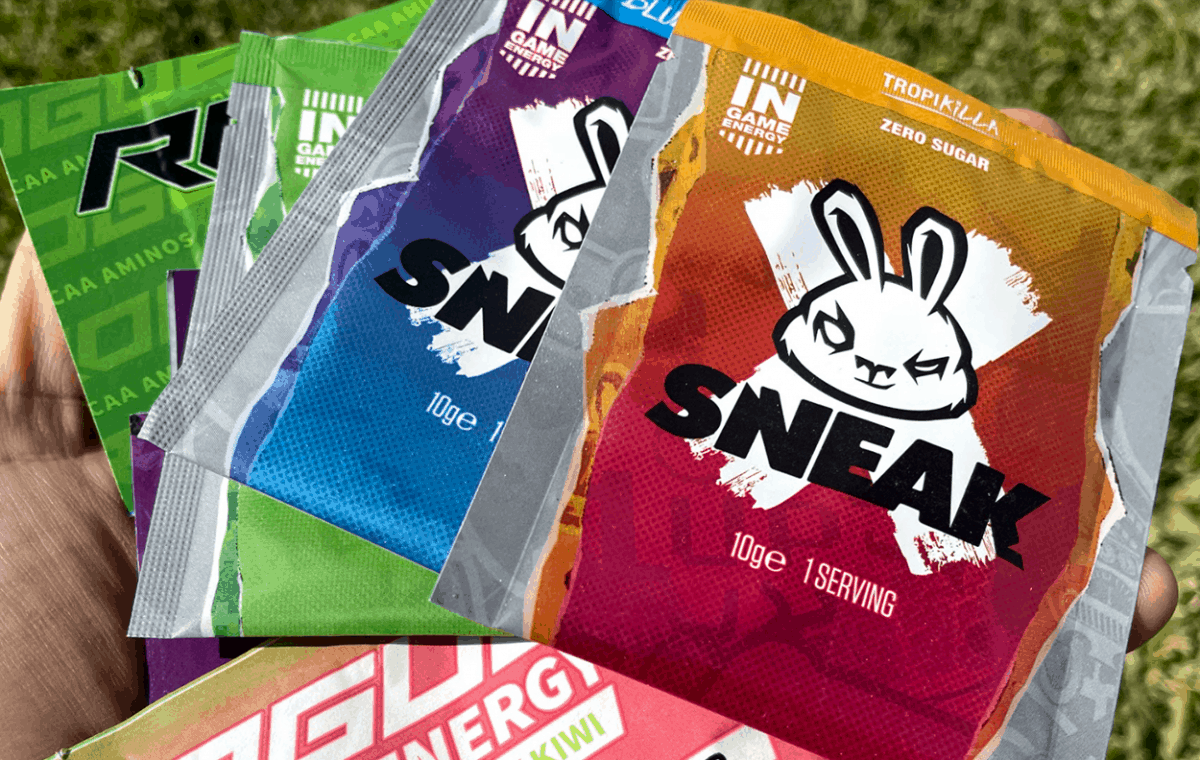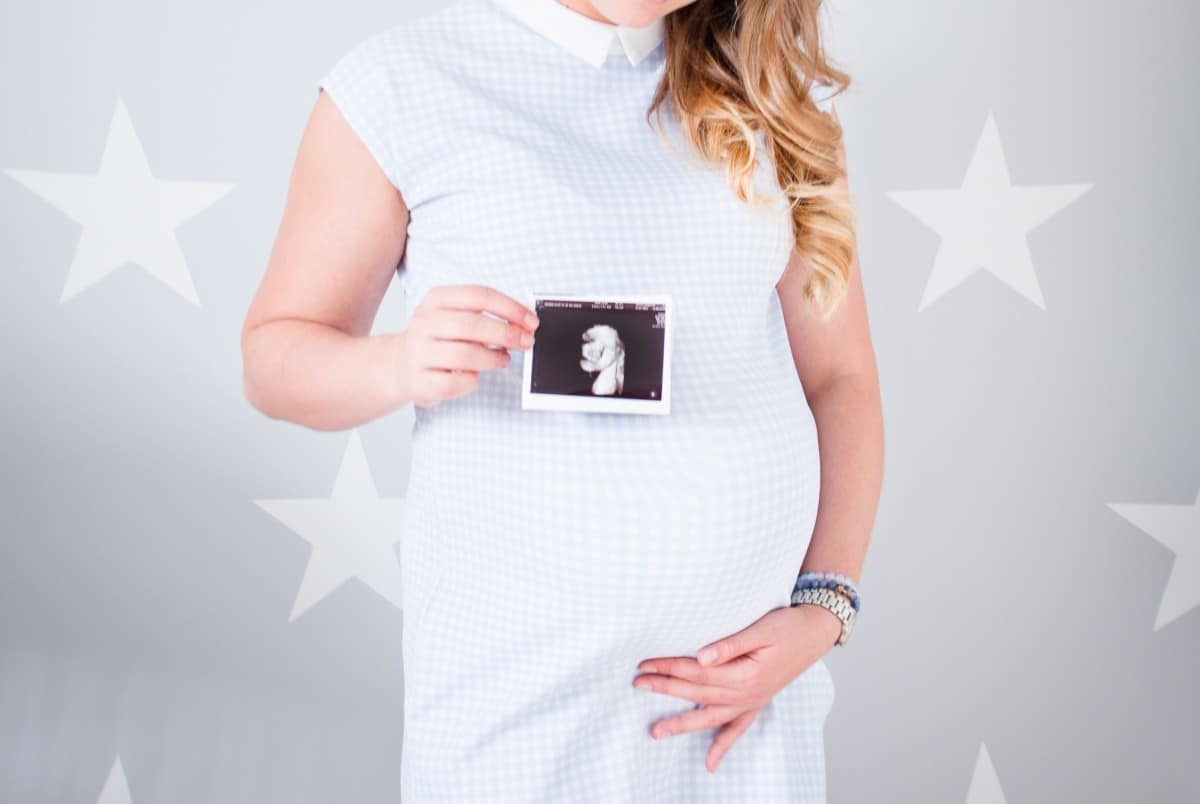
Can Energy Drink Powders Make You Not Get Pregnant? (Truth Revealed)
The World Health Organization considered energy drinks a “risk to public health” after learning that usage is rising.
The body changes in the 24 hours after consuming an energy drink, according to an infographic created by the website Personalise.co.uk.
According to numerous studies, energy drinks may be bad for one’s health. Energy drinks alter healthy people’s heart function.
According to a 2013 study that was published in Medical News Today, another study linked energy drink consumption to other risky behaviors, including smoking.
Have you ever considered how it might impact fertility? However, energy drinks with powder in them do not influence your ability to conceive.
Most research indicates that a daily caffeine intake of less than 300 mg, or roughly three cups of coffee, does not raise the risk of miscarriage.
Energy powder drinks increase physical strength, endurance, alertness, and attentiveness by combining carbs, caffeine, stimulants, and minerals. The main component that promotes focus and energy is caffeine.
Since it might be challenging to interpret caffeine studies, it is safe to assume that fatigued persons are more prone to consume large amounts of caffeine.
Fatigue may be a symptom of an underlying illness affecting fertility, such as endometriosis or depression.
Read on to see how other energy powder drink components may affect pregnancy.
Contents
What Is Pregnancy?
An unborn child develops in the uterus for about nine months during pregnancy. Missed periods are typically the first indication of pregnancy, but there are other signs.
The average pregnancy lasts for about 280 days or roughly 40 weeks. When a baby is likely to be born can be estimated with the aid of a pregnancy calculator.
A missing menstrual cycle is among the most typical early indicators of pregnancy. The American Pregnancy Association reports that this is the first pregnancy symptom for 29% of pregnant women.
In addition to a missed menstruation, the following indicators of pregnancy may appear as early as the first few weeks after conception:
- Nausea
- Spotting/Bleeding
- Dizziness
- Fatigue
- Frequent Urination
How To Prevent Getting Pregnant?
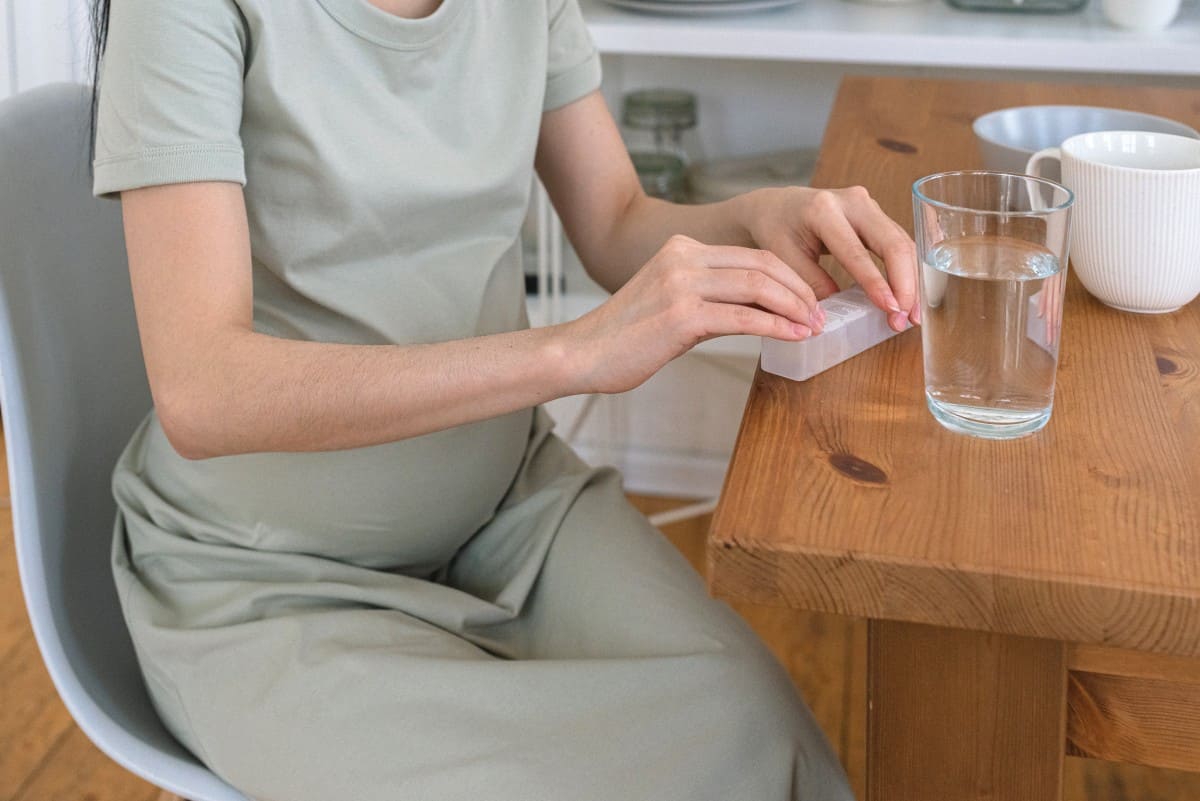
There are numerous contraception options available to fit various needs, so being frisky doesn’t have to be a risky endeavor.
Some treatments can be obtained without a prescription.
Hormonal forms of birth can be prevented by conception by stopping ovulation. However, it is not protected against STIs.
Most hormonal contraceptives are only available with a prescription from a doctor, except for emergency contraception, which is not usually available online
Sperm cannot enter the egg using barrier techniques. Condoms for both sexes, including spermicide and cervical caps.
According to the NHS, the contraceptive patch is 99 percent effective when appropriately applied.
Ingredients In An Energy Powder Drink
The main ingredients of energy powdered drinks are caffeine, taurine, glucuronolactone, ginseng, ginkgo Biloba, l-carnitine, carbs, B vitamins, guarana, antioxidants, and trace minerals.
Energy powder drinks typically contain sweeteners to help mask the bitter flavor of caffeine. There are energy drinks available with and without calories and sugar.
| Citric Acid | It’s an antioxidant that’s found in some fruits. It’s a culinary flavoring, preservative, cosmetic ingredient, and cleaning product component. |
| Sucralose | It’s a calorie-free artificial sweetener that can lower the quantity of added sugar intake while still allowing you to enjoy the taste of something sweet. |
| B-Vitamins | They help in converting food into energy (metabolism), the construction of new blood cells, and maintaining healthy skin, brain, and other bodily structures. |
| Guarana Extract | Guarana is said to boost physical as well as mental performance. |
| Ginseng Extract | Panax ginseng is used to treat Alzheimer’s disease, depression, memory, and cognitive problems, as well as other ailments. |
| Green Tea Extract | Weight loss, blood sugar regulation, and workout recovery can all be aided. It can also help maintain healthy skin and liver and blood pressure regulation, and brain health. |
Taurine is crucial for the functioning of the mitochondria, which are the components of our cells that produce energy.
It is crucial to understand that pregnant obese women’s placentas cannot absorb as much taurine as pregnant women of a healthy weight.
Although there is no link between taurine and pregnancy prevention, this may help explain why obese women have a higher risk of stillbirth.
Normally, it is not advised to use ginseng when pregnant. Even while the data isn’t overwhelming, some study indicates that it might be detrimental to your unborn child. In other words, the risk simply isn’t worth it.
Your body uses L-carnitine to convert fat into energy and lessen oxidative stress. It is naturally present in your body, dairy products, red meat, and dietary supplements.
According to a 2004 “Obstetrics and Gynecology” study, women who develop preeclampsia, a pregnancy illness marked by increased blood pressure and protein in the urine, have higher than usual blood levels of L-carnitine.
According to Elisabeth A. Aron, author of “Pregnancy Do’s and Don’ts,” it is unclear precisely what this means regarding carnitine supplementation during pregnancy as of July 2011. Until more is known, avoiding this supplement pregnancy is best to avoid this supplement during pregnancy.
Caffeine And Fertility
According to more than 25 research information, a daily caffeine intake of 300 mg is linked to a 37 percent higher chance of spontaneous miscarriage.
Additionally, the risk multiplies 2.5 times when this amount is increased to 600 mg daily compared to no ingestion. A dose-response relationship is at work here.
Further investigation reveals that some women may be more vulnerable to caffeine’s adverse effects when sustaining a healthy pregnancy.
The FDA has stated that 400 mg per day—roughly four or five cups of coffee for healthy persons—is a level that is not typically linked to harmful, adverse effects.
According to the findings of a case-control study, which examines two separate groups of people, women with a specific genetic polymorphism (CYP1A2) are more likely than those without this gene alteration to experience recurrent pregnancy loss (RPL).
A higher maternal caffeine intake during pregnancy has also been linked to a higher chance of giving birth to newborns with low birth weight and the potential risk of miscarriage.
With a meta-analysis of 15 cohort studies, this association was first discovered in 2014 and then again in 2020.
For those curious about caffeine before conception (i.e., preconception), a 1998 study published in the Lancet stirred up some controversy on caffeine’s effects on female fertility.
According to that study, women who drank more than one cup of coffee each day had a 50% lower chance of getting pregnant than those who drank less.
You are aware that we shouldn’t draw a firm conclusion based solely on the findings of one study.
Can Sugar Cause You Not to Get Pregnant?
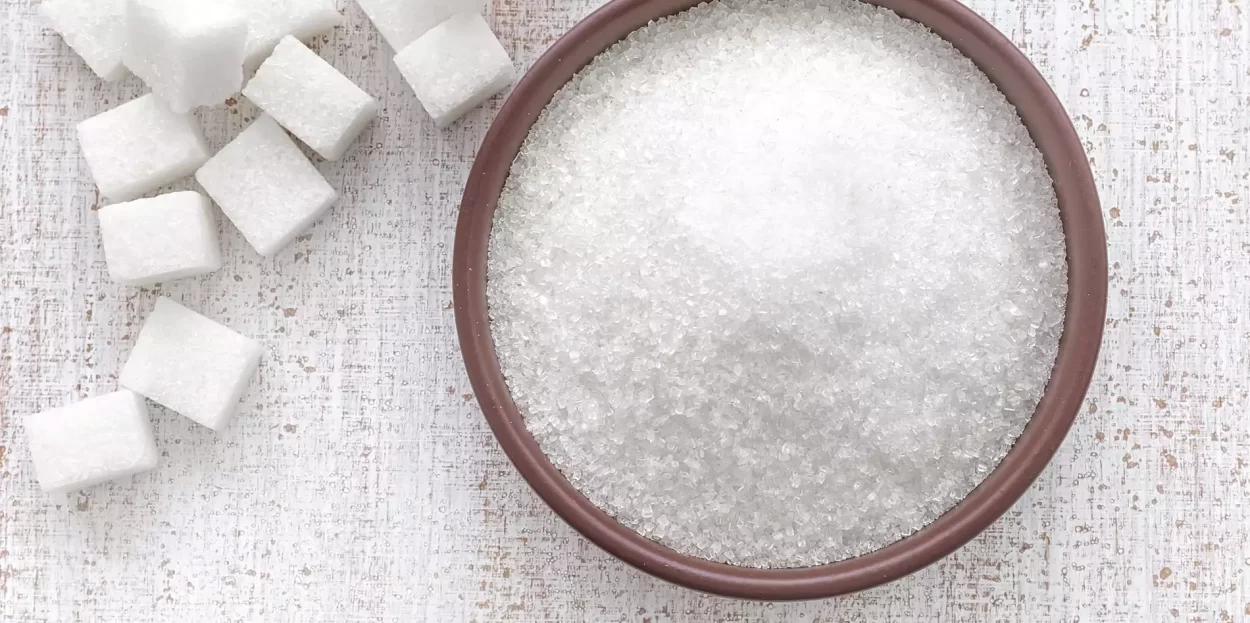
Despite government enforcement efforts, sugar consumption is increasing in the UK.
Despite the reduction in sugar content of several items, Public Health England research from 2019 indicated that overall sugar consumption had grown by 2.6 percent in just three years.
High blood sugar levels adversely affect egg quality and reduce the likelihood of both aided and natural conception in women who have PCOS.
According to a Japanese study, women’s eggs were of worse quality the more sugar they drank in the months before an IVF round.
It was shown that men with high blood sugar levels had more elevated amounts of sperm DNA damage, which can harm the chances of conception and raise the possibility of miscarriage.
The NHS advises that you shouldn’t consume more than 5% of your daily calories from “free sugars,” which include both those that are artificially added to foods and beverages and those that are naturally present in honey, syrups, fruit, and vegetables.
The American Heart Association (AHA) recommends a more challenging added-sugar limit of no more than 100 calories (or six teaspoons or 24 grams) per day for the majority of adult women and no more than 150 calories (or nine teaspoons or 36 grams) per day for the majority of adult men.
Can Energy Drink Powders Make You Not Get Pregnant?
According to some news reports, an energy powder drink has been linked to a case of “spontaneous abortion.”
However, specialists say it is still unclear whether caffeine may cause miscarriage and that its impact on preventing pregnancy has not yet been researched.
Researchers have examined the possibility that coffee increases the chance of miscarriage for years, but the findings are conflicting.
Most research indicates that a daily caffeine intake of less than 300 mg, or roughly three cups of coffee, does not raise the risk of miscarriage.
Many coffee drinkers report losing their taste for caffeine during pregnancy, according to Klebanoff, who also noted that pregnant women frequently have dietary aversions.
Therefore, Klebanoff suggested that this aversion can signify a good pregnancy. In other words, he said that women who continue to drink caffeine might be more likely to miscarry for reasons other than caffeine.
Caffeine can pass the placenta, but it’s not entirely clear how this might make miscarriage more likely.
Extremely high caffeine doses are teratogenic in some animal experiments, meaning they can change a fetus’s DNA and result in miscarriage.
Famous Energy Powder Drinks
Extra Joss
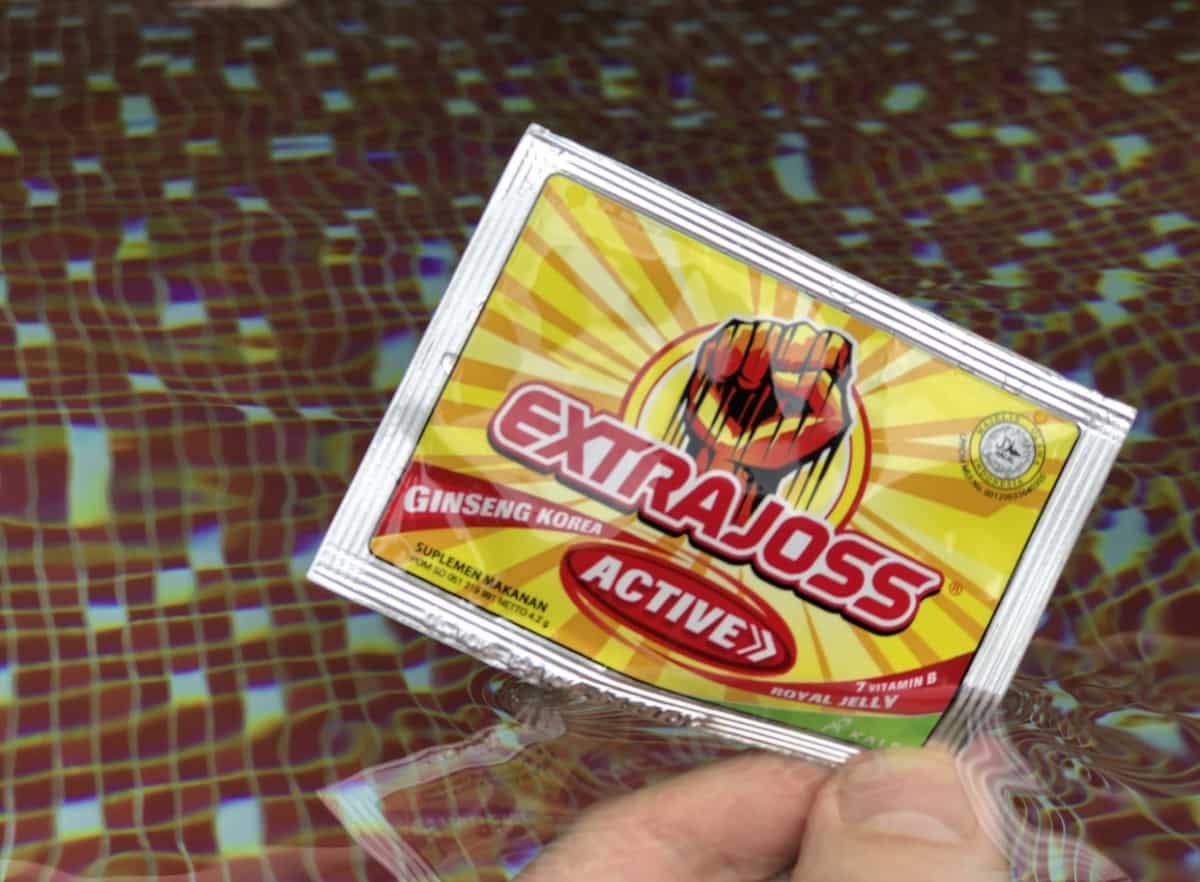
Ginseng, taurine, and B vitamins are present in Extra Joss and are advantageous during water breaks and physical activity. This energy drink is powdered, so you must blend it to taste as you would a hot cup of coffee.
I assure you that adding hot water creates a heated mess. It has a sweet flavor and smells like a lemon-flavored soft drink. The next great thing is how inexpensively one pack can be purchased.
You will have just enough energy from its 50mg of caffeine to do your everyday tasks. 80 mg of caffeine is included in a typical cup of coffee.
While sugar-free, it still uses sweeteners to maintain its flavor, just as you would expect. The FDA has approved artificial sweeteners for food and beverages, and Extra Joss contains them.
G Fuel Powder

You can receive the boost you need to get through challenging gaming sessions by drinking G Fuel, a powdered energy drink. Its extensive ingredient list and lack of sugar work to give you the energy you need to get through grueling gaming sessions.
Depending on the taste, a standard 7g serving of G Fuel powder has only 10 to 25 calories, which is a small number.
G Fuel has between 140 and 150mg of caffeine every 7g serving, which is about average for an energy drink.
Acesulfame potassium and sucralose, two artificial sweeteners, are both present in G Fuel. Since it contains no sugar, it is a better choice than some sugar-filled energy drinks.
Conclusion
- Energy powder drinks shouldn’t be consumed while pregnant because they may be high in caffeine and other unsafe substances for expectant mothers. Some medications for the cold and flu also include caffeine. Before using these medications, see your midwife, doctor, or pharmacist.
- Despite not being researched for pregnancy prevention, stories indicate that caffeine has caused some abortions. It is mainly because caffeine can cross the placenta, though it is unclear exactly how this might increase the risk of miscarriage.
- According to Emily Mitchell, MS, RD, CSSD, CDE, CLT, formerly the Center for Fetal Medicine’s in-house dietitian and nutritionist, said energy drinks are not advised during pregnancy as they may contain high levels of caffeine and other components not advised for pregnant women.

